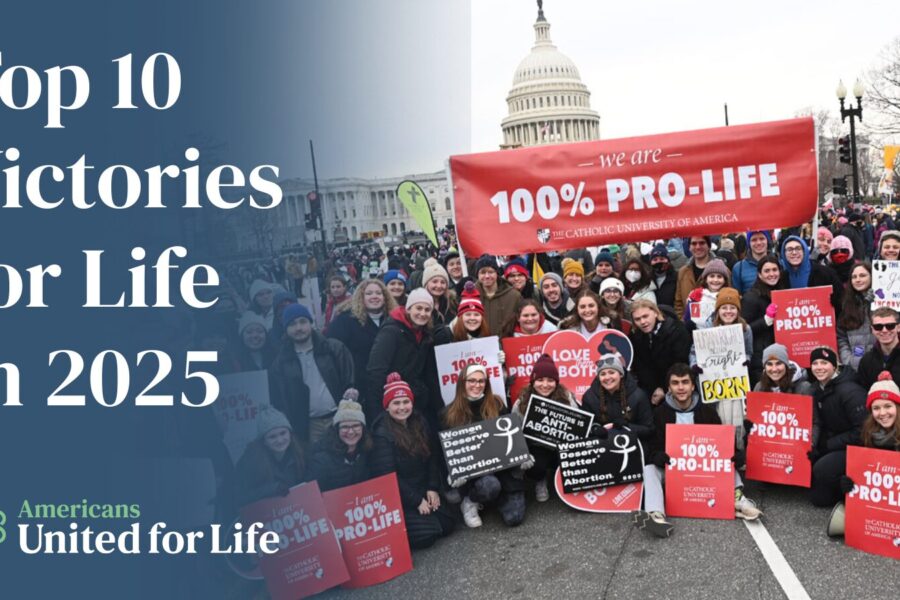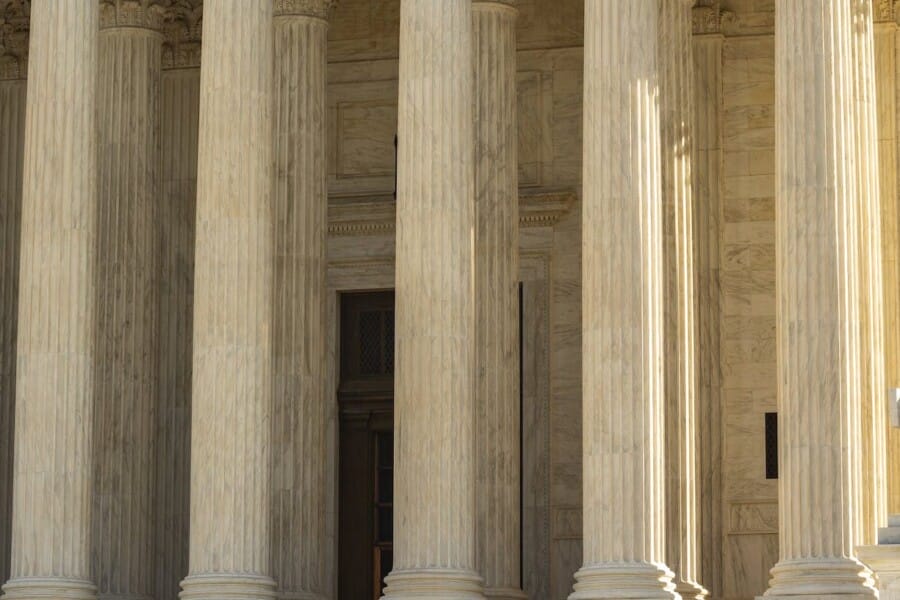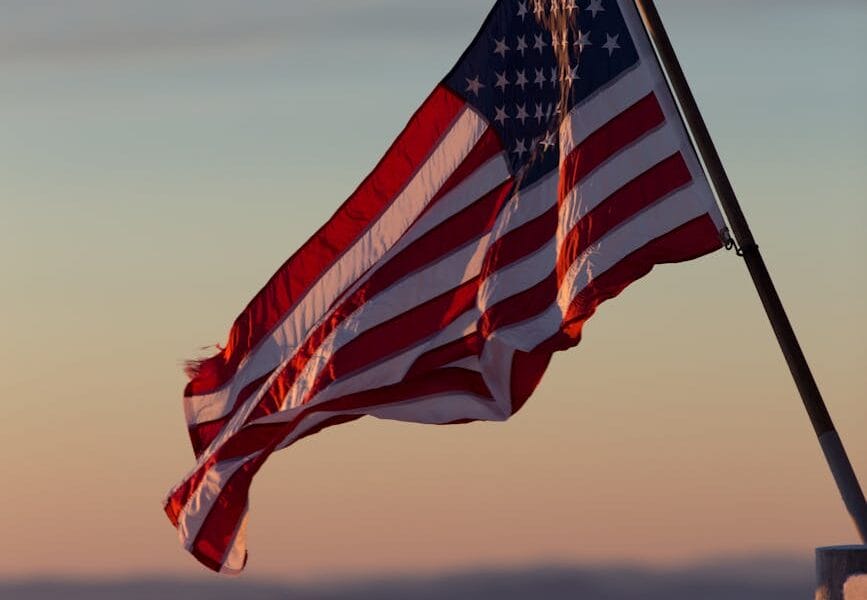By Evelyn Gardett
The current crisis is causing us to rethink our priorities. We are beginning to see our lives in the way in which a captain might pass over provisions prior to an around-the-world sailing trip. Each item in our lives is being carefully screened for utility and urgency, as compared to its cost in terms of space and weight.
We are forced to ask ourselves, “What do we really need to live?”
Now, what if we were boarding this vessel not as individuals or families, but as a nation – no, as the human race? What (or perhaps who) would we take with us? With the onset of COVID-19 and the subsequent shortage of medical supplies, we have begun to ask ourselves the difficult question: what constitutes “essential” medical care?
In answer to this question, many states have closed down doctor’s offices, outpatient surgery centers, and dental offices, exempting only those performing necessary, time-sensitive procedures. Many states are also involved in contentious legal battles regarding the continuation of elective abortions during the crisis. It is hard to deny that there is a shift going on in our communal understanding of the word, “essential.”
In turn, we are also forced to face the agonizing dilemma: who will benefit from the remaining healthcare? Ultimately, the reality of who will receive needed medical intervention will probably come down to a combination of situation, timing, money – and a little bit of luck. At the same time, we do hear “quality of life” quoted as the rationale behind the allotment of life-saving treatments, which is then further used to justify the rationing of healthcare resources.
In a recent piece, Discovery Institute’s Senior Fellow Wesley Smith makes a clear and helpful distinction between the dueling approaches of healthcare rationing and triage. He rejects the oft-quoted term, “quality of life,” as a eugenic rationale by which those with a “better” life are given a better chance at life. By contrast, as Smith says, triage “…Is a medical determination, not an ideological one. It treats all patients as equals and bases hard decisions on the same objective criteria of assessing survivability regardless of the personal characteristics of each person.”
Once examined, this distinction is difficult to deny. However, it also reveals a problem that extends well beyond Coronavirus. By the triaging rationale, babies in utero should always be at the front of the line for the best healthcare – they have the most life left to live. However, we discard these human beings at a rate of 600,000 per year through the practice of abortion, even when there is not a global pandemic. Appallingly, these babies are pushed to the very back of the line, not by denial of care, but actually by the violent termination of their healthy, burgeoning lives – even when nothing is medically wrong!
Why?
That is a question that we must continue to ask ourselves. It seems that there is a great and unbelievable contradiction in our healthcare system. We say that we seek equality, yet we choose “quality” of life over length of days. This global pandemic has revealed an underlying problem whose time has arrived: we need to figure out what ethical principles will guide our healthcare system and apply them, from conception to natural death – crisis or no crisis.
Evelyn H. Gardett writes for Americans United for Life.




